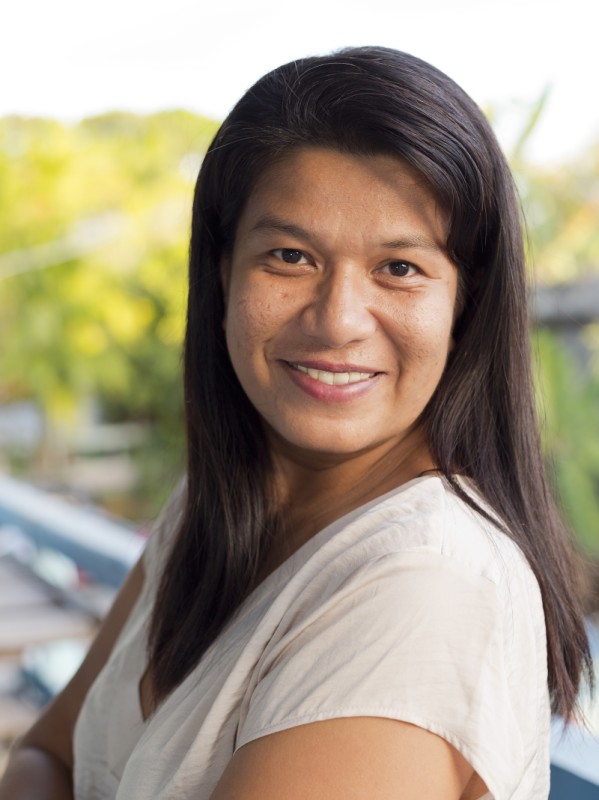Seafood Industry Australia (SIA), a trade group representing the country’s seafood industry, has called on the South Australian government to review a four-year statewide ban recently imposed on commercial snapper fishing.
In a press statement, SIA CEO Jane Lovell said the ban would result in hardship to the fishers who rely on fishing for their livelihood.
“As a general principle, we need our fisheries managers to find ways to keep us fishing while stocks rebuild, to develop recovery plans and to make sure they are using the best data,” she said. “The decision to shut waters for four years looks like a failure to manage things properly. It will cause great hardship to our fishers and to the communities that support them.”
South Australia’s government announced on Sunday, 29 September, that the ban will be implemented from 1 November, 2019, through the same date in 2023, not including the country’s southeastern waters, which will still be open for winter fishing.
The ban was announced after data showed that the biomass of snapper in South Australia’s Spencer Gulf and the Gulf St. Vincent has dropped significantly since the last population assessment in 2013-2014. The data revealed that the Northern Spencer Gulf biomass declined by 15.7 percent, from 127 metric tons (MT) to 107 MT. It added that Southern Spencer Gulf biomass declined by 30.3 percent, from 122 MT to 85 MT. The data also showed that the total Spencer Gulf biomass declined by 22.9 percent, from 249 MT to 192 MT.
SIA urged the state government to consider looking into conducting further review of the science before enacting the ban.
“Given the impact on many of our commercial fishers, who rely on catching snapper, it seems severe to shut the fishery for four years with no review. What if the latest egg count was wrong? Are we sending fishers to the wall based on suspect data?” Lovell said. “We are calling for there to be review stages in this ban – not a set-and-forget solution.”
Lovell said the ban reflects poor management on the part of the government. Part of the job of the government-appointed fisheries manager is to ensure that it is using the best data to come up with decisions, she said.
“While we agree with many of the measures the South Australian government is putting in place – establishing a management advisory committee, looking to better understand the behavior of juveniles, collecting better information on the total catch including recreational – these are measures that could have been put in place before now,” she said in a statement.
Photo courtesy of Shutterstock







